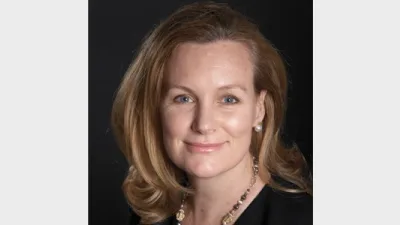Planner profits already hurt by FOFA



Financial planners were feeling the squeeze from higher regulatory obligations even before the Government's changes to the Future of Financial Advice (FOFA) laws were overturned in the Senate.
That is the bottom line of new research conducted by Wealth Insights which has revealed that planners were seeing higher compliance costs impacting their profit margins even without adding the costs of "opt-in" and increased fee disclosure, both of which had been substantially removed in the now-defunct regulatory changes introduced by the Minister for Finance and Acting Assistant Treasurer, Senator Mathias Cormann.
Commenting on the research, Wealth Insights managing director, Vanessa McMahon said there was no question that FOFA had adversely impacted planner profit margins and that the reversal of the Government's regulations by the Senate would create further pressure on their bottom line.
The Wealth Insights research sought to gain a picture of the impact of compliance costs on planners looking back over the past two years and found that the majority had seen a negative impact to their bottom line with compliance costs increasing, generating a commensurate decrease in profitability.
The company asked planners the simple question, what has been the impact of regulatory change on profit over the past couple of years?
Forty four per cent of advisers said they had seen their profit decrease, with seven per cent of those people pointing to a decrease of more than 20 per cent.
This compared to only 27 per cent of those surveyed who said their profit had increased and 30 per cent who said their had been no impact.
McMahon said it was clear that the compliance costs associated with FOFA had been problematic for planners even in an environment where they knew the Government was seeking to reduce what it regarded as undue red tape.
"It follows that the changes resulting from the Senate vote will have a negative impact," she said.
Recommended for you
Unregistered managed investment scheme operator Chris Marco has been sentenced after being found guilty of 43 fraud charges, receiving the highest sentence imposed by an Australian court regarding an ASIC criminal investigation.
ASIC has cancelled the AFSL of Sydney-based Arrumar Private after it failed to comply with the conditions of its licence.
Two investment advisory research houses have announced a merger to form a combined entity under the name Delta Portfolios.
The top five licensees are demonstrating a “strong recovery” from losses in the first half of the year, and the gap is narrowing between their respective adviser numbers.











